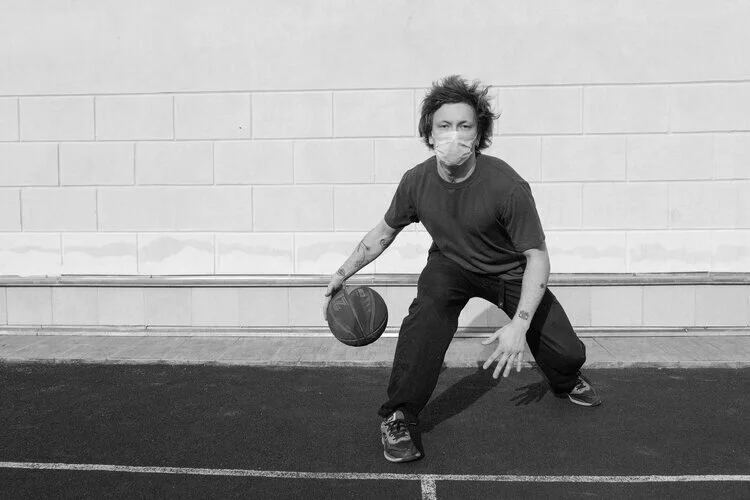Reform Rituals
The fundamental ways in how we engage with one another have been impacted, and as a result so too have our customs and rituals. Rather than losing our rituals, we have reformed them to fit into the new normal.
While social distancing is essential, physical touch also plays a major role in our health and happiness. Preliminary results from a study by Monash University show most participants registered mild levels of anxiety and depression and about 30 per cent of people showed moderate to high levels. Source: ABC News
Covid-19 has fundamentally changed the way we interact. As physical greetings now pose a health threat, Leaders around the world are rejecting long-standing traditions and banning deeply ingrained customs. We have witnessed France ban the La Bise (the custom of greeting people with a kiss on both cheeks), and Jacinda Arden advocate to all Kiwis to “stop handshakes, hugs, and hongi” (in which two people press their noses and foreheads together). Source: BBC Travel
We are already seeing ways in which we are adapting to a socially distant world, taking inspiration from Asian cultures such as the Indian Namaste, and bowing traditions in Japan. Though greetings are deceptively simple, verbal, and non-verbal greetings help us define the boundaries of our interactions with others.
Implications for brands:
What rituals can your brand develop that can become part of the new world and provide humans with new ways of greeting?
How can packaging provide a hug?
When ‘tap’ technology and online is the way of the future, how can technology build further engagement? Is it a few spoken words of ‘thank you’, is it a unique and differentiating sound to make your brand memorable, does light have a role to provide some level of optimism and happiness?
For more core narratives emerging from Covid-19 email us.

